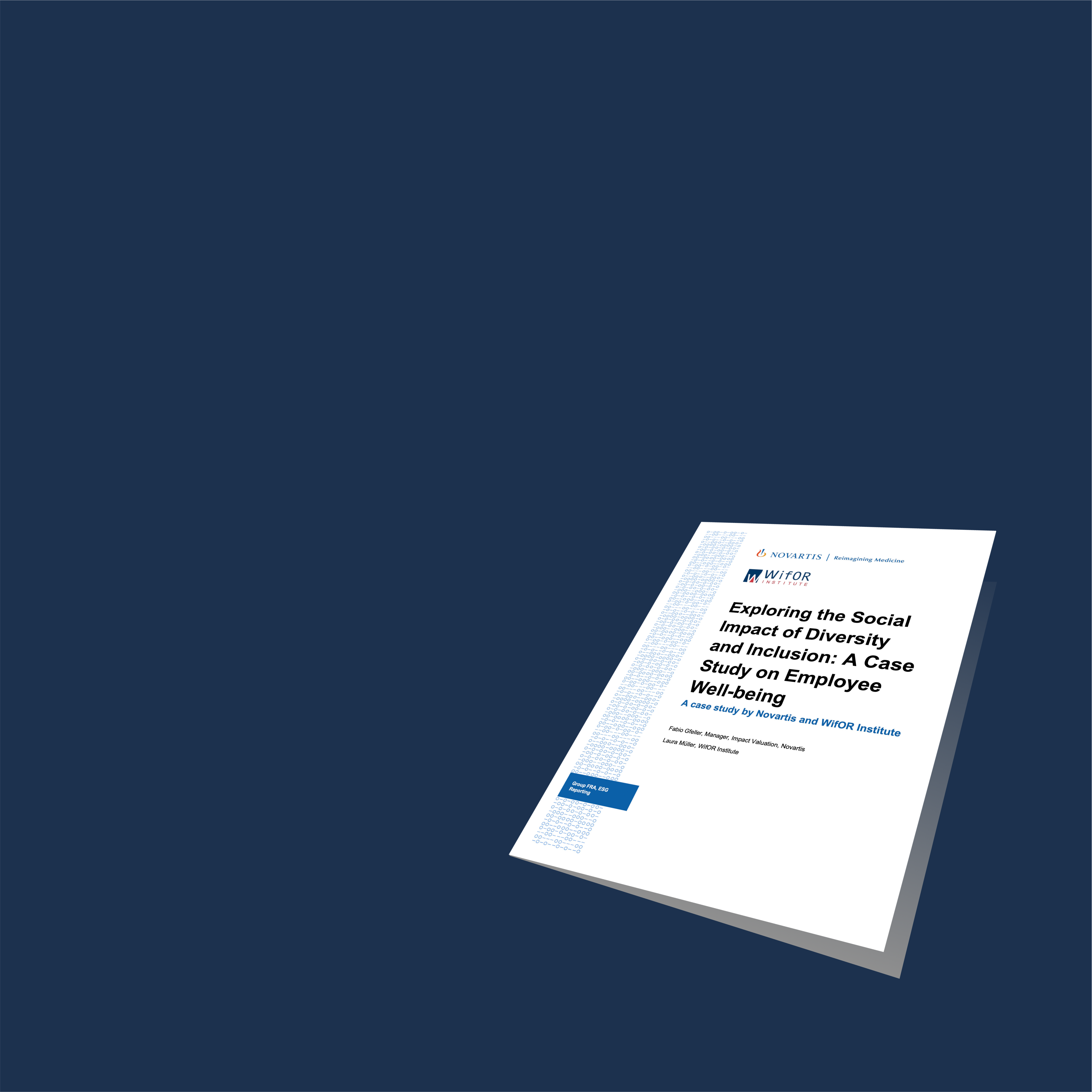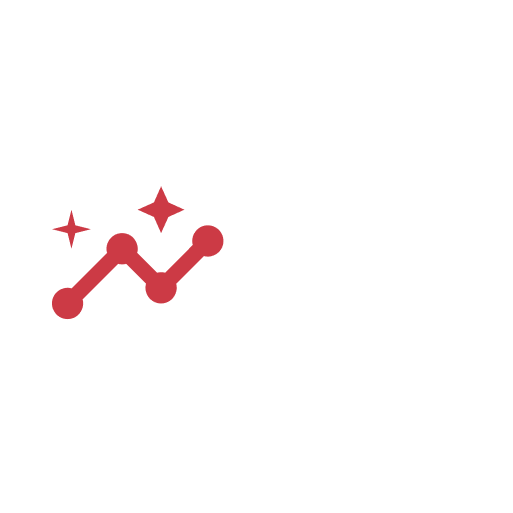Diversity, Equity & Inclusion
Diversity, Equity, and Inclusion (DEI) is a concept that organizations use to promote the fair and just treatment of people from a rich variety of demographics in the work environment. This is beneficial not only from a social perspective. Under the right conditions, DEI increases innovative capacity and productivity within teams, improves the retention of employees, and attracts new talent. Especially in the context of globalization and demographic change, these are essential components of being an attractive employer.
WifOR’s Diversity Score
WifOR’s Diversity Score measures a company’s diversity using key indicators such as gender, age, cultural diversity, gender pay gap, work flexibility, and skills. From this data, the score can be determined for a nuanced assessment of diversity in a company.
What does the Diversity Score offer companies and other organizations?
The Diversity Score is accessible and can be implemented by companies with relatively little effort, as it is based on quantitatively measurable indicators. It shows a snapshot of the basic strengths and weaknesses of a company in the area of diversity. This creates transparency for communication with internal and external stakeholders. In the context of ESG reporting, the score offers the possibility to measure key social indicators.
DEI Impact Analyses
The EU directive on non-financial reporting (CSRD) is putting companies under increasing pressure to live up to their social responsibility. A central component of the CSRD is a so-called materiality analysis, in which companies identify priorities for the strategic direction of reporting. DEI studies enable companies to understand which measures have the strongest social and economic impact – especially for those that have identified Diversity, Equity & Inclusion as a key area for action.
How is DEI Impact measured?
In a first step, WifOR determines the status quo of the relevant DEI indicators and examines their influence on the mental health of employees. Our labor market experts then quantify a statistical correlation between the current status of DEI in a company and the mental health of employees. Finally, WifOR calculates the resulting burden of illness and productivity losses. This monetizes the impact on mental health.
What do DEI Impact studies offer companies and other organizations?
DEI impact studies enable company-specific calculations on potential productivity gains through Diversity, Equity and Inclusion (DEI). The studies provide concrete evidence of where companies have gaps and where their strengths lie, enabling HR managers to identify how progress in DEI can be effectively achieved. The study also offers evidence in favor of implementing these targeted measures.
Latest articles from WifOR’s Labor Market Research
-

Study Example Bertelsmann Stiftung
Big Data: Enhance Strategic Planning through Skills Gap Analysis
-

Employer Attractiveness
Employer Attractiveness: Definition, Factors & Measures
-

DEI Analysis
Labor Market 5.0: Effectively implement Diversity, Equity & Inclusion (DEI)











